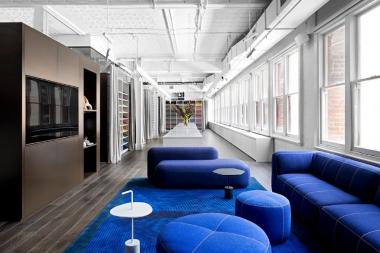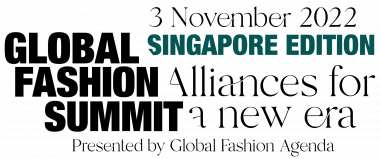OEKO-TEX® Annual Report 2022/2023: 21% growth
The international OEKO-TEX® Association, offering collaborative solutions for partners in the textile and leather industry, has once again recorded positive business development. Overall, OEKO-TEX® issued more than 43,000 certificates and labels between July 1, 2022, and June 30, 2023 - an increase of 21% compared to the previous financial year. The MADE IN GREEN product label recorded the strongest growth of 52%. OEKO-TEX® continues to drive urgently needed change through cooperation and joint action - with their services and at the organizational level.
For their two new certifications, OEKO-TEX® focused on cooperation with numerous parties along the global supply chain. Launched in November 2022, OEKO-TEX® RESPONSIBLE BUSINESS addresses the increasing global expectations and due diligence requirements. The tool and certification supports textile and leather companies in preventing negative effects from their own business operations, supply chains and broader business relationships. Companies working with OEKO-TEX® ORGANIC COTTON benefit from a global network of certified companies to facilitate sourcing of chemicals, materials and business partners - from cultivation to finished product.
At the organisational level, OEKO-TEX® is focusing on partnerships with multi-stakeholder initiatives to include as many different perspectives as possible and allow all parties to benefit. Working with ZDHC to promote sustainable chemical management and becoming an ISEAL community member are just two of many collaborations for OEKO-TEX®, which is striving to address the industry's most pressing challenges.
Meanwhile, the Association’s core business advances. For example, based on industry developments and scientific findings, OEKO-TEX® issued a general ban on the use of per- and polyfluorinated alkyl substances (PFAS/PFC) in textiles, leather and shoes certified by STANDARD 100, ORGANIC COTTON, LEATHER STANDARD and ECO PASSPORT. OEKO-TEX® also surpassed the milestone of 1,000 STeP certified production facilities. OEKO-TEX® is in a strong position to continue its work - enabling the industry and consumers to make more responsible decisions through partnership and education.
Oeko-Tex GmbH



























